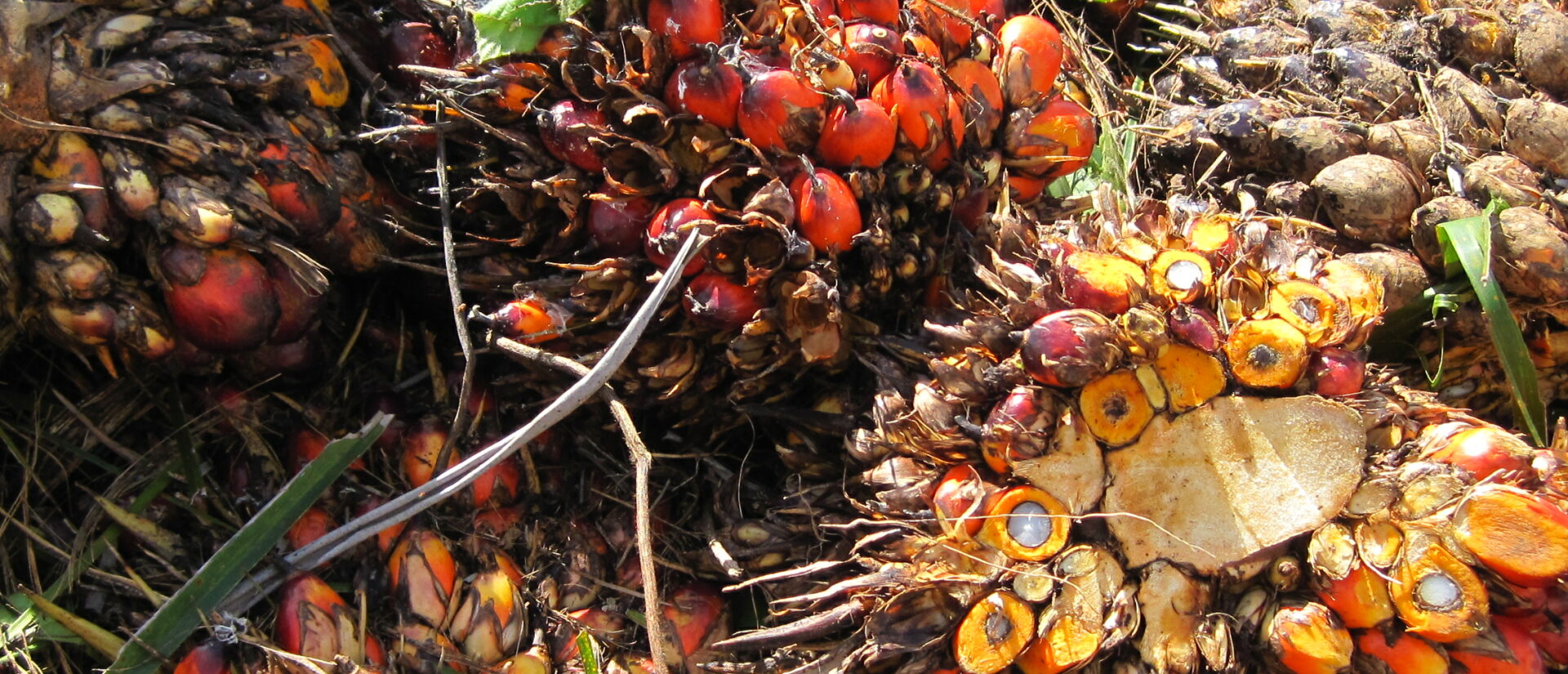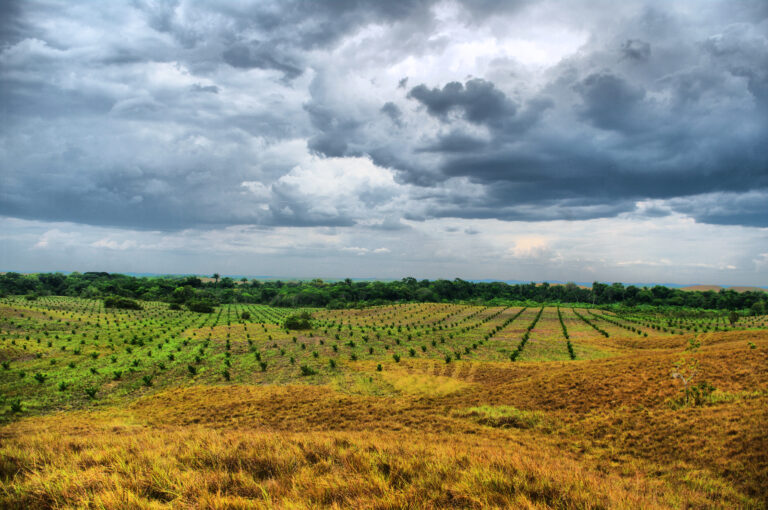
‘Roundtable on Sustainable Palm Oil’ announces investigation into Poligrow’s activities
Scholars, journalists and activists gathered in early November at the launch of a report titled ‘Reconquering and dispossession in the Altillanura: The case of Poligrow’ in Bogota. The study, authored by SOMO and INDEPAZ, concludes that land-intensive sectors like palm oil are at risk of creating renewed conflict in a country like Colombia, where land disputes have been a key driver of the internal armed conflict, and where territorial claims remain highly contested.
When conducting business operations in the region, caution is warranted. Poligrow should have, for instance, carried out extensive research into the history of the land that they are making use of, including the role of the military. More specifically, the company should have evaluated the possible impact of the support they are receiving from the army. By failing to do so, they have risked fuelling the armed conflict in an already fragile context such as the Meta region in Colombia.
Reconquering and dispossession in the Altillanura
The report offers recommendations for the different parties involved. Regarding Poligrow, it highlights – among other points – the need for disclosure of their corporate and tax structures, and it calls for improved due diligence regarding land acquisition, labour relations, and their handling of rights of indigenous people involved in the company’s operations or affected by them. Besides these business recommendations, the paper addresses national and international bodies such as the Roundtable on Sustainable Palm Oil (RSPO)(opens in new window) , a not-for-profit organization which aims to promote the growth and use of sustainable oil palm products. As a member of this roundtable, Poligrow can currently be held accountable for the standards the RSPO has developed for production, traceability and labelling.
At the launch of the report in Bogota two weeks ago, the organisation’s own complaint mechanism announced an investigation into the activities of Poligrow in Colombia. SOMO and INDEPAZ support the announcement of RSPO to hold Poligrow accountable for the negative impacts of their activities. RSPO’s involvement complements ongoing investigations by various Colombian national authorities into the operations of Poligrow.
Do you need more information?
-

Ilona Hartlief
Researcher
Partners
-
RSPO – Roundtable on Sustainable Palm Oil
Related content
-
Reconquering and dispossession in the Altillanura Published on:Yamile Salinas AbdalaPosted in category:PublicationYamile Salinas Abdala

-

-
Hungry for profits Published on:
 Vincent KiezebrinkPosted in category:Publication
Vincent KiezebrinkPosted in category:Publication Vincent Kiezebrink
Vincent Kiezebrink


